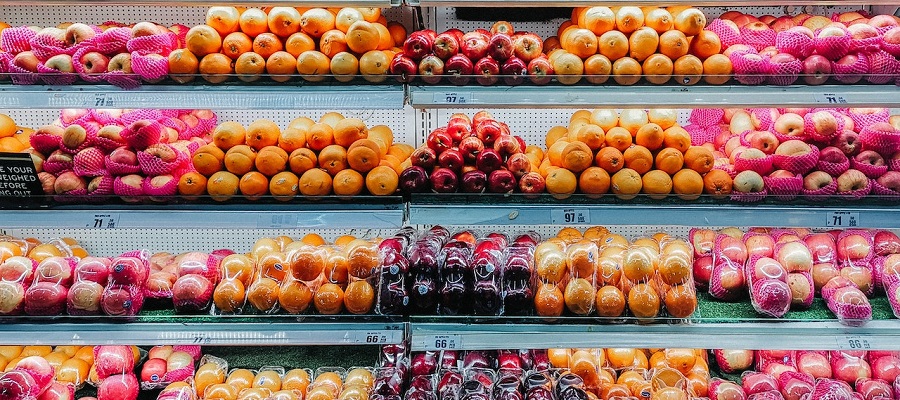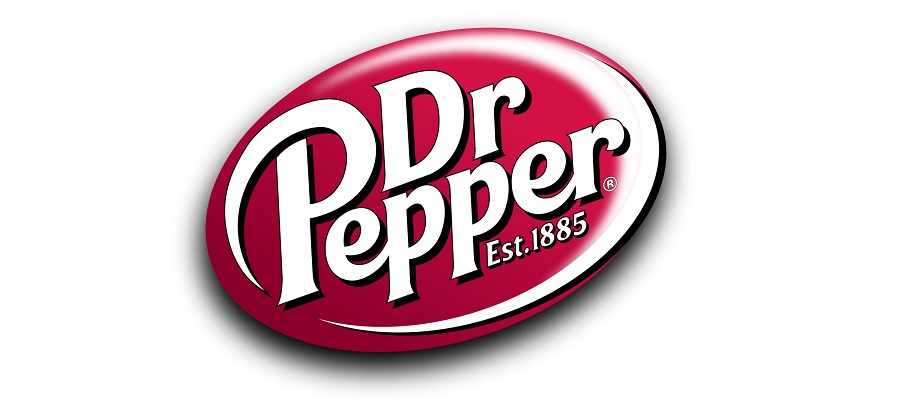The Importance of Grocery Wholesalers in the Food Supply Chain
Grocery wholesalers are an essential link in the food supply chain, providing retailers, restaurants, and other foodservice establishments with the products they need to meet the demand of their customers. These wholesalers offer a wide range of food products, including fresh produce, meat, dairy, baked goods, and non-perishable items such as canned goods, grains, and condiments. In this article, we'll explore the various types of food products that grocery wholesalers offer, and how they source and distribute these products to their customers.
Fresh Produce: A Key Product Category for Grocery Wholesalers
One of the main product categories for grocery wholesalers is fresh produce. This includes a wide variety of fruits and vegetables, ranging from staples such as apples, bananas, and potatoes to more specialty items like exotic fruits and heirloom vegetables. Grocery wholesalers may source their produce from local farms or from producers in other regions or countries, depending on the season and the availability of different products.
In order to ensure the quality and freshness of their produce, grocery wholesalers typically have strict standards and protocols in place. This may include measures such as maintaining the proper temperature and humidity in storage and transportation, as well as handling the produce carefully to minimize damage. In addition, grocery wholesalers may work with third-party certification bodies to ensure that their produce meets certain standards for safety, quality, and sustainability.
Meat: Another Key Product Category for Grocery Wholesalers
In addition to fresh produce, grocery wholesalers also offer a variety of fresh meats, including beef, pork, poultry, and seafood. These products may be sourced from local farms or from larger commercial producers, and may be available in a range of cuts and packaging options to suit the needs of different customers.
Like produce, fresh meat is a perishable product that requires careful handling and storage to ensure its quality and safety. Grocery wholesalers must follow strict guidelines and protocols to prevent contamination and spoilage, and may also work with third-party certification bodies to ensure that their meat meets certain standards. In addition, many grocery wholesalers offer a range of value-added meat products, such as marinated or pre-seasoned items, to make it easier for their customers to prepare and serve these products.
Non-Perishable Foods: A Staple for Grocery Wholesalers
While fresh produce and meat are key product categories for grocery wholesalers, they also offer a wide range of non-perishable foods. These include items such as canned goods, grains, and condiments, which have a longer shelf life and can be stored for extended periods of time without spoiling. These products are an essential part of any grocery store or restaurant's inventory, as they provide customers with the convenience of having a range of options that can be stored and used as needed.
Non-perishable foods are typically sourced from a range of suppliers, both domestic and international. Grocery wholesalers may work with large commercial producers or with smaller specialty producers, depending on the specific products they offer. In addition to sourcing these products, grocery wholesalers also handle the storage and distribution of these items, ensuring that they are available to their customers when needed.
Other Product Categories: Beverages, Snacks, and More
In addition to the core product categories mentioned above, grocery wholesalers may also offer a range of other products. These may include beverages such as water, soda, and juice, as well as snacks such as chips, crackers, etc.
conclusion
Grocery wholesalers are businesses that sell large quantities of groceries and other food products to retailers, restaurants, and other foodservice establishments. These wholesalers offer a wide range of products, including fresh produce, meat, dairy, baked goods, and non-perishable items such as canned goods, grains, and condiments. They often have a large warehouse or distribution center where they store and distribute the products to their customers. In order to ensure the quality and safety of their products, grocery wholesalers may have strict standards and protocols in place and may work with third-party certification bodies. In addition to the core product categories, grocery wholesalers may also offer a range of other products such as beverages, snacks, household items, and personal care products.


